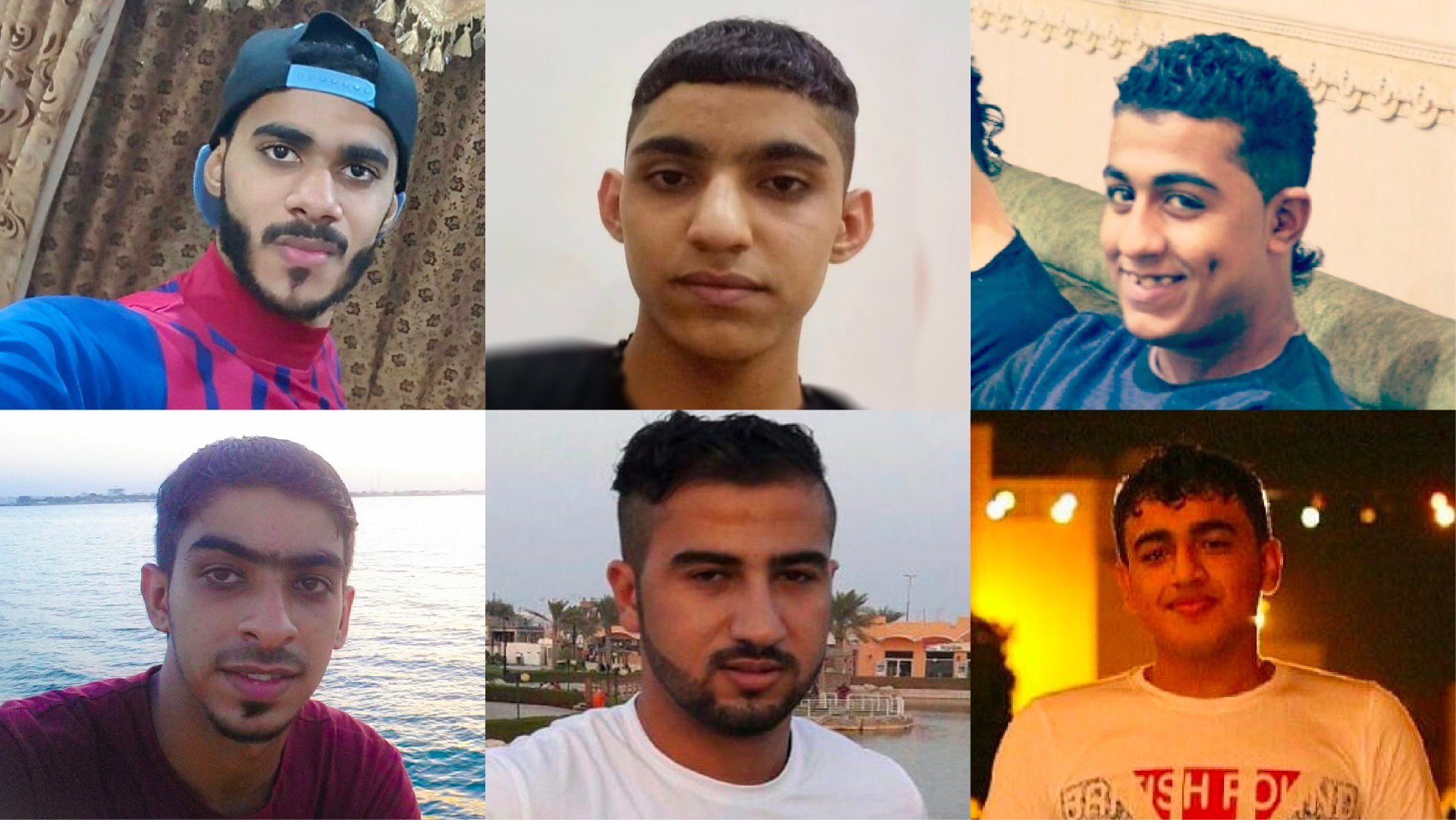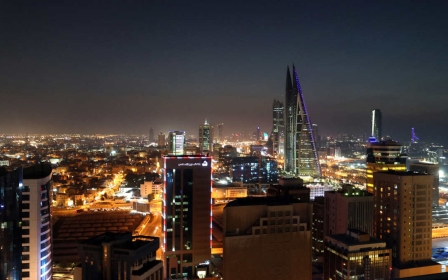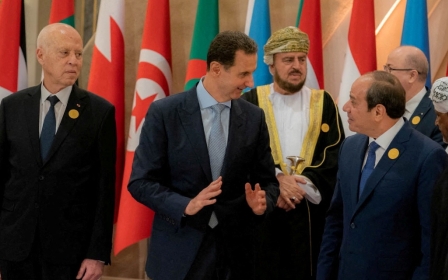Bahrain: UN experts call for release of students tortured into confessions

UN experts have called for the release of six imprisoned Bahraini students who they say are being held arbitrarily after confessing to crimes under torture and undergoing unfair trials.
The students - Ahmed Yusuf, Alaa Ansaif, Husain Matar, Husain Abdulla, Mohamed Baddaw and Sayed al-Khabbaz - were arrested separately, in unrelated cases, between 2013 and 2020. At the time of their arrests, three were minors.
While in custody, a rights group has said four of the students were subjected to enforced disappearance, including one for 40 days, and five were allegedly tortured into confessions.
The UN Working Group on Arbitrary Detention, in a document released on 14 July, said it found the group's claims of ill-treatment credible.
“These cases follow the pattern of numerous other cases brought before the Working Group in recent years concerning the arbitrary deprivation of liberty in Bahrain,” the group said.
New MEE newsletter: Jerusalem Dispatch
Sign up to get the latest insights and analysis on Israel-Palestine, alongside Turkey Unpacked and other MEE newsletters
“Warrantless, pretrial detention with limited judicial review, denial of access to lawyers, forced confession, torture and ill-treament and denial of medical care.”
The Bahraini government has said that some of the students participated in riots, assaulted law enforcement officers and damaged property. One, it said, was involved in the formation of a terrorist organisation.
'The violations linked to these six individuals’ conditions of detention significantly undermined their ability to properly defend themselves'
- UN Working Group report
But the Americans for Democracy and Human Rights in Bahrain (ADHRB), the US-based organisation whose complaint triggered the working group’s investigation, said that most were charged on issues linked to protesting.
The UN experts also found credible allegations that the students were arrested without warrants, denied access to lawyers and not brought promptly before a judicial authority.
“The violations linked to these six individuals’ conditions of detention significantly undermined their ability to properly defend themselves,” the working group reported.
“When it is not possible for a person who is subjected to torture or other forms of ill-treatment or punishment to prepare an adequate defence before the judicial proceedings, this amounts to a fair trial violation.”
Concern over torture investigation
The Bahraini government, in its response to torture allegations raised by ADHRB, said that several of the students had not made claims of torture before official bodies, and that the four complaints raised by family members had been investigated.
According to the government, the Special Investigation Unit, which investigates such claims, found insufficient evidence for two of the complaints.
But one complaint saw an officer who assaulted 17-year-old Alaa Ansaif sentenced to three months in prison, and another resulted in four officers who attacked Husain Matar sentenced to one-year imprisonment each, the government said.
ADHRB said the officer sentenced in Ansaif’s assault avoided prison by paying a fine.
It also said that a complaint of torture raised on behalf of Matar saw him examined only after signs of torture were wearing off and resulted in the SIU saying there had been no signs of torture.
The working group said it was concerned about “the independence and effectiveness” of the SIU, a body that receives funding from the UK government.
Husain Abdulla, ADHRB’s executive director, said the experts' opinion was one in a series that made it clear the Bahraini government “is engaged in serious systematic human rights violations against its citizens”.
“Bahrain is able to do this because it enjoys the full, unwavering support of the UK and US governments which are responsible for these violations in Bahrain to a great extent.”
The Bahraini government did not respond immediately for comment.
Middle East Eye delivers independent and unrivalled coverage and analysis of the Middle East, North Africa and beyond. To learn more about republishing this content and the associated fees, please fill out this form. More about MEE can be found here.





